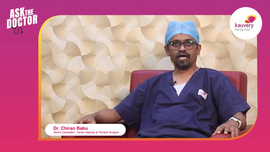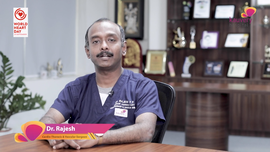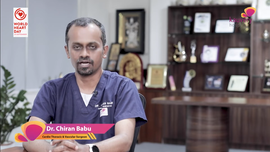 A 32-year-old gentleman who is an IT professional was leading a normal life until he noticed an unusual swelling on his scalp. Concerned, he underwent a routine scan to investigate the swelling, only to discover a far more serious issue—a 3x3cm size brain tumor.
A 32-year-old gentleman who is an IT professional was leading a normal life until he noticed an unusual swelling on his scalp. Concerned, he underwent a routine scan to investigate the swelling, only to discover a far more serious issue—a 3x3cm size brain tumor.
Incidental Finding of a Brain Tumor
Although the swelling turned out to be a benign external condition, the scan revealed a tumor in the left frontal region of his brain. What made this case particularly challenging was the tumor’s deep-seated location, which was close to the area controlling his speech. The location of the tumor close to the speech area posed a significant risk during surgery, which, in traditional surgical methods, could impair his ability to speak.
Recognizing the complexity of the case, he sought treatment at Kauvery Hospital, Electronic City, Bangalore, where he was evaluated by our neurosurgical team led by Dr. Sumana Pallegar, Dr. Ganesh Veerabhadraiah, Dr. Manjunath H G and Dr Vivek(Anesthesiologist).
A High-Risk Decision: Awake Craniotomy with Speech Mapping
Given the tumor’s location, the doctors recommended an Awake Craniotomy, a brain tumor surgery with Real-Time Speech Mapping, a novel procedure designed to ensure the patient's speech function remained intact at the end of surgery.
Dr. Sumana, Senior Consultant, Neurosurgery (Brain & Spine), Kauvery Hospital, Electronic City, explained:
"When a tumor is located close to the brain’s speech center, performing surgery under general anesthesia carries the risk of causing permanent speech impairment. By keeping the patient awake, we can actively monitor and test his speech function in real time, ensuring we remove the tumor maximally while preserving his speech function."

![2 (1).mp4]()
The Complexity of Awake Brain Surgery
Awake craniotomy is a highly specialized brain tumor medical procedure that requires not only expert surgical skills but also a highly cooperative patient. Since brain tissue itself does not have pain receptors, the surgery is performed under local anesthesia, numbing only the scalp and skull. The patient remains awake and responsive throughout the surgery.
Dr. Sumana elaborated:
"For an awake craniotomy, mental preparation is crucial. The patient needs to be psychologically ready to remain conscious and co-operative while we are opening his skull and removing the tumor. In this case, he was incredibly cooperative, engaging with us throughout the procedure—even making jokes!"
Advanced Surgical Techniques Used
The team at Kauvery Hospital employed multiple advanced neurosurgical techniques to ensure precision and safety:
- Real-Time Speech Mapping – Helped in maximal tumor resection while completely preserving his speech including his comprehension, articulation, fluency and speech production.
- Intraoperative Neuro-Navigation – A GPS-like system to accurately localize the location of the tumor and to differentiate tumor tissue from normal brain tissue.
- Fluorescein-Guided Tumor Resection – The use of special dyes that highlight tumor cells under blue light of the microscope, ensuring precise and maximal tumor removal.
- Continuous Motor mapping – Allowed real-time assessment of the patient's movements of the limbs during tumor excision.
A Remarkable Recovery
Despite the complexity of the procedure, the patient remained awake and alert during surgery. The team meticulously removed the tumor while continuously testing his speech.
"Throughout the procedure, he was actively conversing with us. We were able to remove the tumor from the deeper portion also, without damaging his speech areas," added Dr. Sumana.
Astonishingly, during the surgery, he was cracking jokes & singing along with the hospital staff. He walked out of the Operating room to the ICU without assistance, much to the disbelief of his family.

Final Diagnosis and Next Steps
The pathology report confirmed the tumor was predominantly Grade 2 with focal Grade 3 features, meaning he would require further radiation therapy and brain tumor medication as part of his treatment plan. However, thanks to the extensive tumor removal achieved through awake craniotomy, his prognosis has significantly improved.
"The best treatment for such cases is to remove as much of the tumor as safely possible. Because we performed the surgery while he was awake, we were able to ensure maximal tumor resection without impairing his neurological functions," explained Dr. Sumana.
Conclusion: A Life Transformed
The expertise of the neurosurgical team at Kauvery Hospital, coupled with cutting-edge technology, enabled this young man to return to his normal life with preserved speech, mobility, and cognitive function. His journey serves as a testament to the life-changing impact of modern neurosurgery and patient-centered care at Kauvery Hospital, a leading brain hospital in Bangalore.
He left the hospital grateful, pain-free, and optimistic about his future, proving that even the most challenging brain tumors can be successfully treated with the right approach.
Awake Craniotomy at Kauvery Hospital Gives a New Lease of Life to a 32-Year-Old Patient

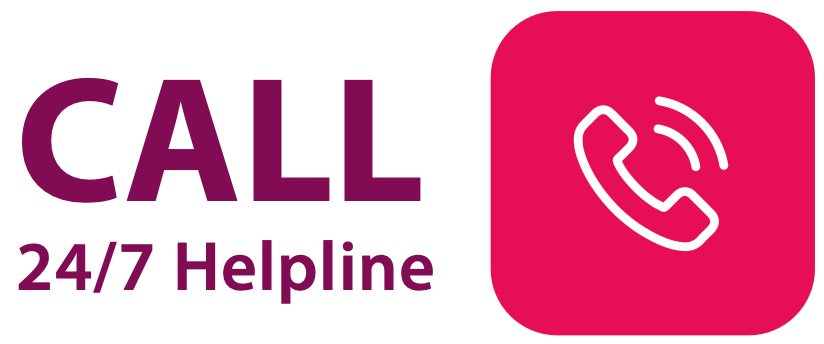
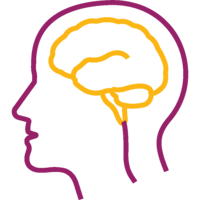 Neurosciences
Neurosciences Bariatric Surgery
Bariatric Surgery